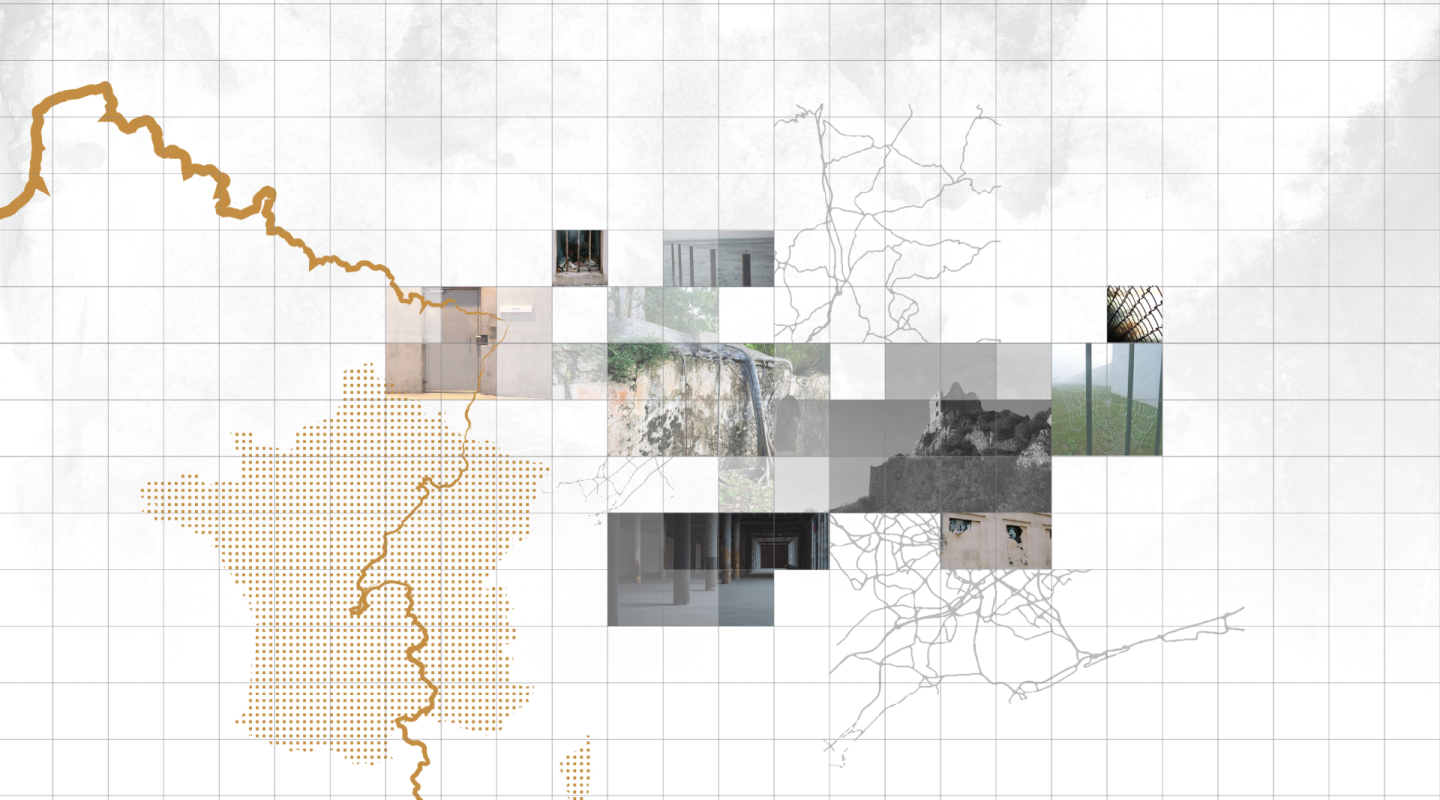
France
Capital city — Paris
Country population
i2022Incarceration rate (per 100,000 inhabit…
i07/2023Type of government
Human Development Index
Homicide rate (per 100,000 inhabitants)
Name of authority in charge of the pris…
Total number of prisoners
i01/01/2023Average length of imprisonment (in mont…
i2021/ Council of Europe, SPACE I – Rapport 2021, p. 123.Prison density
i01/01/2023Total number of prison facilities
i2021/ Prison administrationAn NPM has been established
Female prisoners
i01/01/2023Incarcerated minors
i01/01/2023Percentage of untried prisoners
i01/01/2023Death penalty is abolished
yes, since 1981The last executio…
Health
Organisation of health care
Ministry in charge
Ministry of Health
Every prison facility has a health care unit
Access to healthcare is assured in detention by a level 1 medical unit, an internal structure of the affiliate hospital, located in each institution. Services within the scope of general medicine and which do not require hospitalisation are provided there. The availability of medical equipment varies greatly between institutions and include a lack of X-ray or ophthalmology equipment or poor condition of sterilisation supplies. These units are often cramped and barely functional.
Access to medical units is uneven across facilities. On the whole, access to general medical care is satisfactory, although subject to the constraints of the institutions (activities on the same schedule, ongoing disciplinary procedures, etc.). There are serious shortcomings in specialised care, particularly ophthalmological and dental care, and care for chronic conditions. There are not enough specialist doctors. In certain situations, particularly in the disciplinary unit or in the event of medical extraction, the consultation conditions can be problematic. In particular, there is a lack of respect for medical confidentiality and the quality of care.
Number of medical staff (FTE)
-
Different types of medical care are provided :
- Level 1 care refers to doctor’s visits, external procedures and outpatient care. Medical units, formerly outpatient consultation and treatment units (unités de consultation et de soins ambulatoires (UCSA)), provide consultations and physical examinations pertaining to general practice that do not require hospitalisation. They are found in nearly all prisons and are served by general practitioners and nurses.
- Level 2 care refers to short-term hospitalisation. This allows people to receive comprehensive, individualised, or intensive care and physical examinations during the day. Medical procedures are carried out in hospitals, with psychiatric care provided inside the prisons through the medical units.
- Level 3 care refers to full hospitalisation. Medical care is provided in converted sections in the nearest hospitals (for urgent medical treatment and short-term stays). Long-term admissions (longer than 48 hours) go to specially secured hospital units (unités hospitalières sécurisées interrégionales (UHSI)). Psychiatric hospitalisation is available in specially adapted hospital units (unités hospitalières spécialement aménagées (UHSA)), with or without consent.
The French division of the International Prison Observatory (OIP-SF) published a report on access to specialised care in prison. It noted prisoners’ poor health was exacerbated by how complicated or impossible it is to access specialised care.
Access to health care
Health care is free
All care related to illness or pregnancy is covered by the social security system, in the same conditions as on the outside and thus with the same rates of reimbursement. The patient remains responsible for certain health expenses that are not covered by health insurance.
A medical examination is performed upon admission
A first medical visit must take place upon entry into detention in order to ensure continuity of care of those receiving treatment and to identify those who are carriers of contagious diseases or need urgent care. This examination allows for the detection of potential suicide risks and the future monitoring of immunisation status, addiction or mental health disorders.
A medical file is opened upon admission
An epidemiological fact sheet is produced following the medical examination completed upon entry into detention and filed in the medical record.
Prisoners can access health care units after
a written request
Appointment requests are made in writing. Written requests create difficulties for people with low levels of literacy or those have not mastered the French language. The NGO Médecins du Monde tries to make appointment requests more accessible by offering a leaflet on which the inmate ticks boxes according to the treatment needed. Obtaining an appointment can take several months.
Medical examinations are carried out on a confidential basis
no
A report by the Controller-General of the places of deprivation of liberty (Contrôleure général des lieux de privation de liberté, CGLPL) painted a grim picture of the hospitalisation conditions at Elbeuf’s hospital (Centre Hospitalier Intercommunal, CHI), considering them humiliating and degrading for patients. These included breaches of medical confidentiality, lack of respect for prisoner rights, and inadequate safety measures. Until they were returned to their cells, patients would remain systematically handcuffed during consultations, operations and in the recovery room. The situation at Elbeuf’s CHI was no isolated instance. The CGLPL recommended that hospital staff receive specialised training.
Preventative measures for epidemic and contagious diseases are implemented.
During the COVID-19 pandemic, the Controller-General for Places of Deprivation of Liberty requested a specific vaccination campaign for prisoners. She expressed particular concern about “the inevitable promiscuity in detention, the vulnerability of the prison population and the simplicity of the process as all patients [were] in one place”.
On 5 February 2021, the State Council stated that there was no need to register prisoners as a priority for the first phase of the vaccination. They believed that the risk of developing a severe form of COVID-19 did not appear to be higher for prisoners than for the average population.